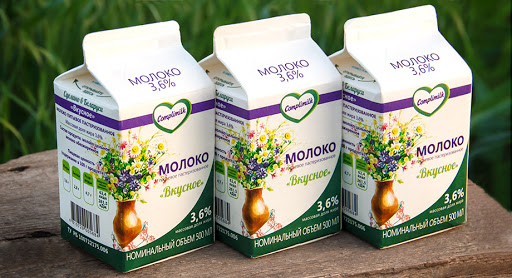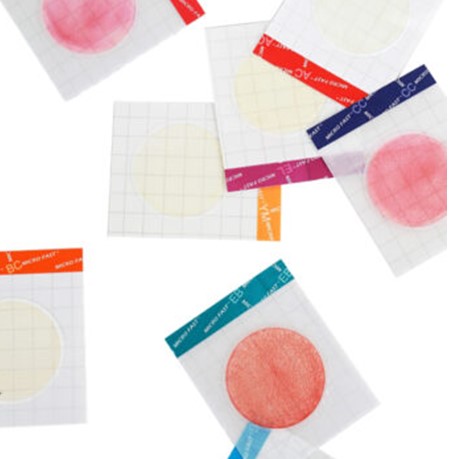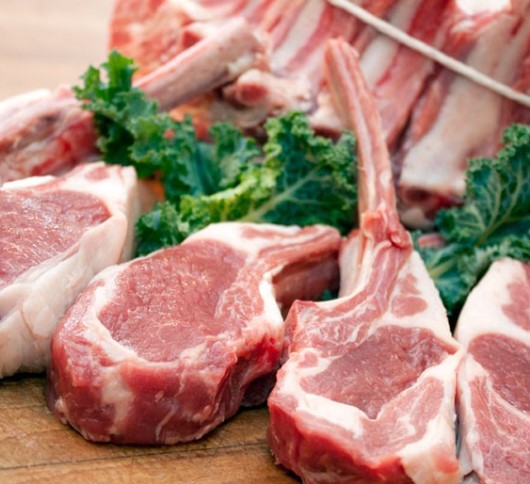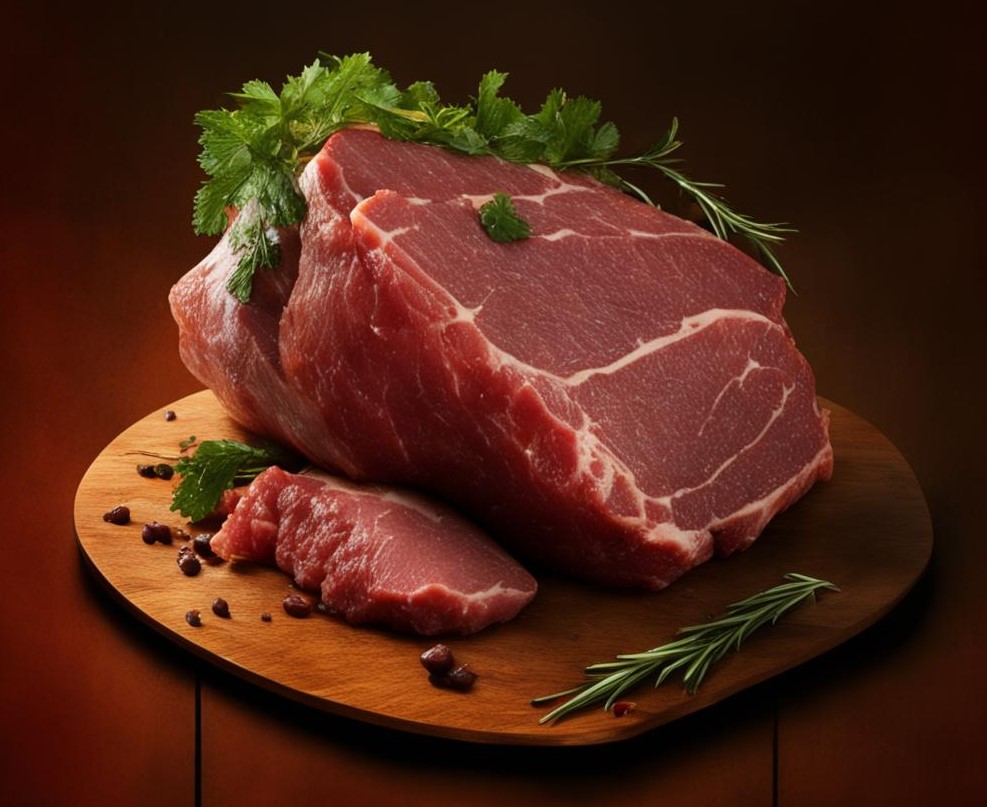Bulgarian farmers protest for third day, negotiations with government continue
Photo by BGNES February 8, MINSK . Bulgarian farmers have been holding protests for the third day, demanding more competent management of the agricultural sector and the injection of additional funds into the industry. The portal news.bg reports this. Farmers also protest against the import of Ukrainian grain.
Two meetings have already taken place between the protesting farmers and the government. On Friday, February 9, another negotiation between protesters and government officials is planned. The protests continue despite the fact that consensus has been reached on some points, reports Bulgarian National Television (BNT).
One of the most notable actions of farmers was the blocking of the Danube Bridge near the city of Ruse; farmers poured 1.5 tons of MILK onto the junction next to the bridge. In the absence of an agreement with the authorities, farmers threaten to deliver live cattle to the center of regional cities next week. The Farmers' Initiative Committee also demanded the resignation of Bulgarian Agriculture Minister Kirill Vytev.
“The Cabinet of Ministers continues to search for a workable version of an agreement with representatives of the protesting farmers, acceptable to all parties. This became clear after the meeting of Prime Minister Nikolai Denkov, Minister of Agriculture and Food Kirill Vytev with the negotiators,” the press center of the Bulgarian Council of Ministers said in a statement.
The Prime Minister of Bulgaria is categorical: support will be provided only to unprofitable grain producers. Grain producers are expected to provide data on their costs, including rent, labor, seeds, fertilizers, drugs and services associated with production. During previous negotiations, the parties also agreed to provide assistance in the amount of 150 million Bulgarian levs (over $80 million) for producers of MEAT, milk, fruits and vegetables, honey, tobacco and grapes.
Meanwhile, there is no unity among Bulgarian farmers regarding the demands put forward to the authorities; they are split into two camps. Some of them put forward political conditions, demanding the resignation of the country's Minister of Agriculture. Representatives of the National Grain Growers Association and the National Sheep Association told reporters that they had not yet met with the Prime Minister and the Minister of Agriculture, so they were still not familiar with the details of the text of the new memorandum. Also during the meeting, representatives of various agricultural organizations refused to sit at the same table.
FormerBulgarian Minister of Agriculture Yavor Gechev criticized the authorities' approach to solving agricultural problems. In his opinion, it is unacceptable when negotiations are conducted only with selected organizations, while other farmers are ignored. Gechev also noted that the allocation of assistance in the amount of 150 million leva will only delay the solution of the problem if fundamental political decisions are not made and the terms of the EU Green Deal are not revised . According to him, otherwise, when harvest time comes , everything will “explode” again. Gechev expressed the opinion that one of the main problems is that subsidies no longer cover the costs of farmers.
The Green Deal contains several fairly stringent requirements for European farmers. In particular, by 2030, the EU must reduce the amount of artificial fertilizers used by 50%, and farmers must also reduce the amount of pesticides used by 50%. In addition, 10% of the land should be allocated for the so-called landscape infrastructure: it is necessary to stop cultivating it. Europe imposes these requirements only on its producers. Such demands seemed tolerable until problems related to Ukrainian imports were added to them.
Farmer protests have recently taken place in many EU countries. Disgruntled European farmers set fires, block roads with tractors, and throw vegetables and manure on the streets. The HEAD of the European Commission, Ursula von der Leyen, explained the reasons for the problems of protesting European farmers with climate change and the consequences of the conflict in Ukraine . At the same time, she announced plans to abandon a proposal to halve the use of pesticides in the EU, pointing out that the initiative had become a “symbol of polarization.” The head of the European Commission also said that the problem of pesticide use has not gone away and that additional negotiations need to be organized before a new proposal to reduce them is put forward.
Reducing the use of pesticides is among demands that farmers in countries including France , Belgium and the Netherlands have been campaigning against in recent weeks. They argue that this will negatively affect the harvest, which means it will jeopardize the production of food products in the European Union.
Two meetings have already taken place between the protesting farmers and the government. On Friday, February 9, another negotiation between protesters and government officials is planned. The protests continue despite the fact that consensus has been reached on some points, reports Bulgarian National Television (BNT).
One of the most notable actions of farmers was the blocking of the Danube Bridge near the city of Ruse; farmers poured 1.5 tons of MILK onto the junction next to the bridge. In the absence of an agreement with the authorities, farmers threaten to deliver live cattle to the center of regional cities next week. The Farmers' Initiative Committee also demanded the resignation of Bulgarian Agriculture Minister Kirill Vytev.
“The Cabinet of Ministers continues to search for a workable version of an agreement with representatives of the protesting farmers, acceptable to all parties. This became clear after the meeting of Prime Minister Nikolai Denkov, Minister of Agriculture and Food Kirill Vytev with the negotiators,” the press center of the Bulgarian Council of Ministers said in a statement.
The Prime Minister of Bulgaria is categorical: support will be provided only to unprofitable grain producers. Grain producers are expected to provide data on their costs, including rent, labor, seeds, fertilizers, drugs and services associated with production. During previous negotiations, the parties also agreed to provide assistance in the amount of 150 million Bulgarian levs (over $80 million) for producers of MEAT, milk, fruits and vegetables, honey, tobacco and grapes.
Meanwhile, there is no unity among Bulgarian farmers regarding the demands put forward to the authorities; they are split into two camps. Some of them put forward political conditions, demanding the resignation of the country's Minister of Agriculture. Representatives of the National Grain Growers Association and the National Sheep Association told reporters that they had not yet met with the Prime Minister and the Minister of Agriculture, so they were still not familiar with the details of the text of the new memorandum. Also during the meeting, representatives of various agricultural organizations refused to sit at the same table.
FormerBulgarian Minister of Agriculture Yavor Gechev criticized the authorities' approach to solving agricultural problems. In his opinion, it is unacceptable when negotiations are conducted only with selected organizations, while other farmers are ignored. Gechev also noted that the allocation of assistance in the amount of 150 million leva will only delay the solution of the problem if fundamental political decisions are not made and the terms of the EU Green Deal are not revised . According to him, otherwise, when harvest time comes , everything will “explode” again. Gechev expressed the opinion that one of the main problems is that subsidies no longer cover the costs of farmers.
The Green Deal contains several fairly stringent requirements for European farmers. In particular, by 2030, the EU must reduce the amount of artificial fertilizers used by 50%, and farmers must also reduce the amount of pesticides used by 50%. In addition, 10% of the land should be allocated for the so-called landscape infrastructure: it is necessary to stop cultivating it. Europe imposes these requirements only on its producers. Such demands seemed tolerable until problems related to Ukrainian imports were added to them.
Farmer protests have recently taken place in many EU countries. Disgruntled European farmers set fires, block roads with tractors, and throw vegetables and manure on the streets. The HEAD of the European Commission, Ursula von der Leyen, explained the reasons for the problems of protesting European farmers with climate change and the consequences of the conflict in Ukraine . At the same time, she announced plans to abandon a proposal to halve the use of pesticides in the EU, pointing out that the initiative had become a “symbol of polarization.” The head of the European Commission also said that the problem of pesticide use has not gone away and that additional negotiations need to be organized before a new proposal to reduce them is put forward.
Reducing the use of pesticides is among demands that farmers in countries including France , Belgium and the Netherlands have been campaigning against in recent weeks. They argue that this will negatively affect the harvest, which means it will jeopardize the production of food products in the European Union.




















































